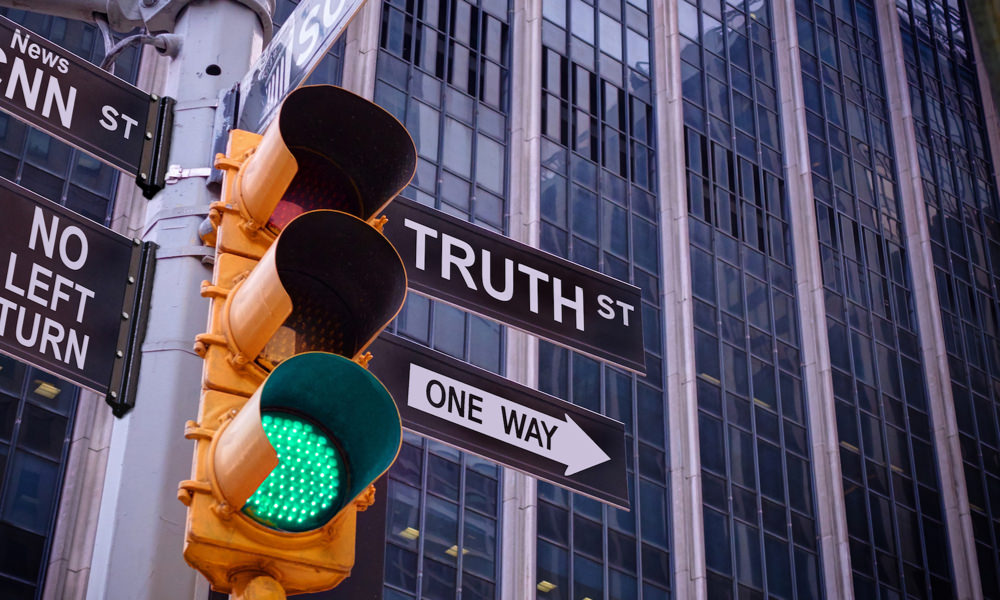Are you looking for career coaching? Are you considering changing tack and kicking off a new direction? Whatever sector you’re in, whatever your role, it’s all about making choices. And, surprising as it may seem, having choices doesn’t always make life easy!
Executive coaching will help you open your choices and think differently, but it’s also about narrowing those choices down into real-life options that you can investigate and decide to pursue… or not
Everyday life is rich in paradoxes. Your career is no different. You might feel stuck or trapped in a choice you’ve made and pursued for years. It might feel like there’s nothing you can do to bring about positive change. You might arrive on our doorstep with so many possibilities at your fingertips that you don’t know which way to turn. Choice can be utterly overwhelming. Too much choice can prevent you from making real inroads into deciding the way ahead. And it even has a name – this type of paralysis is called the paradox of choice.

About the paradox of choice
The paradox of choice plays out for big decisions and small ones. Too few choices hem you in, too many can overwhelm you or leave you just plain stuck, mesmerised by possibilities or even locked into a fantasy. None of which is helpful. To move in the right direction it’s important to earth your choices, act on them with the right intention, with dedication, and transform them into realistic future scenarios that you can actually go after.
Barry Schwartz has a lot to say about this paradox, and it’s fascinating. In his opinion too much choice in the Western world hasn’t freed us, it has left us paralysed. It hasn’t made us happier, just more dissatisfied than ever. You can watch his fantastic Ted Talk here. It’s a real eye-opener.
The downside of too much choice

Some choice is better than none, of course, but when there’s too much choice we’re easily disappointed when our decisions turn out to be faulty. The paradox of too many choices lies in the development of regret. All those imagined alternatives create the very real possibility of disappointment, whatever option you choose. All that untapped opportunity costs you dearly from an emotional perspective, producing the opposite of freedom and leading us to over-analyse. Which in turn leads to the phenomenon of ‘analysis paralysis’, where you’re so involved in analysing the ins and outs, the pros and cons, that you never actually make a decision.
It doesn’t help that today’s world delivers an escalation of options that drives even more tension. While your expectations are constantly raised, the fact that those expectations are rarely met means you feel responsible, blaming yourself for not making better choices.
Even our identity has become a matter of choice. We get to reinvent ourselves regularly in our personal lives and careers. Everything is up for grabs. In fact we have to make so many decisions in our work life, big and small, that no wonder so many of us end up paralysed and unable to act, staring like rabbits into the headlights.

How to deal with runaway choices – The practical side
It takes time to make choices that can eventually become legitimate future realities. Once you’ve identified your choices, there are several vital questions to ask. Why, exactly, do your choices interest you? Does a particular choice fill you with excitement? Does it genuinely stir your motivation, or are you just doing it because you feel you ought to?
What is your skill set? How might you gain what you need to achieve the right professional currency? What are the financial, geographical and other practical considerations that you need to address? What circumstances are you envisioning for the future? Whose support do you need to achieve your goal?
Career transition involves getting practical, which means investigating your options rigorously and talking to the relevant people, moving outside your comfort zones and actually pre-planning the questions you might want to ask people. You need to be tenacious, committed to investigating new paths and determined about your fact-finding. Being prepared – planning your moves – is crucial.
After investigation, once you’ve gathered real knowledge, you’ll be in a much better position to know whether or not a specific option is right for you. If your investigations put you off a choice, it’s good news because it leaves you with less to choose from. That unhelpful fantasy balloon has burst, and while it might not be a pleasant feeling at the time, it has done you a favour. Closing down less than perfect choices early on means you don’t waste valuable time going for something that really isn’t going to work for you in the longer term.
Dealing with too much choice – The emotional side
Above all, you need to learn to understand and trust yourself, your intellect and intuition. Your intellect is something you’ve grown over the years, intuition is rooted deep in your unconscious mind, and they both have your best interests at heart and are there to be drawn upon.
It’s helpful to remind yourself too that choices don’t come with guarantees. There are always risks. But when you trust yourself to know best, even if things don’t turn out quite the way you expected or it gets messy, you know deep down you’re are a resourceful person and it isn’t the end of your story. You can adapt, change direction or simply move on, having learned from the experience. You can exercise your own freedom of choice. And with that comes strength and self respect.
Virginia Satir on the power of choice
Virginia Satir, the famous ‘family systems’ therapist, talks a great deal about the power of choice and how choices can enhance our lives in a healthy way. These are the personal five freedoms that she recommends people draw upon.
- The freedom to see and hear what is here, instead of what should be, was or will be.
- The freedom to say what you feel and think, instead of what you should.
- The freedom to feel what you feel, instead of what you ought.
- The freedom to ask for what you want, instead of always asking for permission.
- The freedom to take risks on your own behalf, instead of choosing to only be secure and not rock the boat.

An example of a good choice well made
One of our clients worked for an employer in the traditional way. But she struggled with managing people, and the farther she went up the corporate ladder in an effort to escape people-management responsibilities, the more she was given. Talk about a Catch 22!
On one hand she was very successful, on the other hand she was feeling increasingly miserable. The choices she had made, and kept repeating, were only driving her further in a direction she wasn’t happy with, and she didn’t know what to do to change things.
With our help she explored all her choices logically and thoroughly, examined her motivations in a safe, positive space, then gained clarity and ultimately decided to leave traditional employment to test-drive self-employment. It turned out to be a great move, and she’s still loving her new career.
Get expert support with transitioning your career
Career transition is often a tricky time. It can feel risky and uncertain, and the boat will rock. With the right help though, and the time you need to examine your choices well, the anxiety can be exchanged for a refreshing, exciting sense of new purpose and direction. If you want to explore your career choices with our support, do get in touch.
About us:
We create the space for leaders to step back, think clearly, and navigate complexity with confidence. By sharpening the narrative that drives decisions, teams, and performance, we help leaders move forward with clarity and impact. Our approach blends deep listening, incisive challenge, and commercial focus—strengthening leadership at every level, from business transformation to boardroom decisions.
“We share resources that help coaches deepen their practice and expand their impact. The articles on this site are designed to spark fresh thinking, offer practical tools, and support the continuous growth of coaches at every stage. “
Jude Elliman
Founder
Our Core Approach:
We work with leaders to sharpen their thinking, strengthen their leadership, and navigate complexity with confidence. Our approach is built around three core areas:
Narrative Coaching – Working with the stories that shape leadership, teams, and organisations.
Commercial Focus – Cutting through complexity to drive clear, strategic decisions.
Challenge & Space – Asking the right questions while creating the space to reflect and grow.
Through this, we help leaders drive transformation, align teams, and make high-stakes decisions with clarity and impact.
